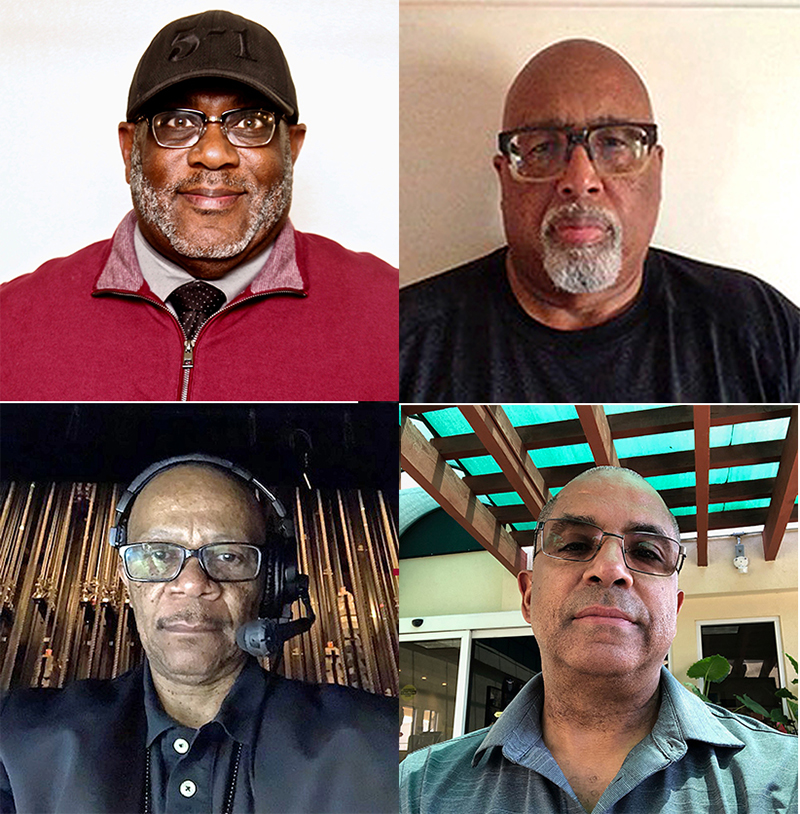
A Conversation with David “5-1” Norman, Bill Reeves, Lance “KC” Jackson and Barry Claxton
The protests sparked by the death of George Floyd exploded from the Twin Cities in late May across the U.S. and around the world. While marred by incidents of violence, the 2020 demonstrations also prompted a new search for answers to the problem of racial inequality in America and, in our industry, the lack of diversity in our ranks. What are the obstacles to diversity in the live entertainment business? How do we get young people interested, access to, involved, and better exposed to the profession we all love?
We went to veterans of our profession, veritable rock stars in their career accomplishments, to get their perspectives “from the inside looking out” as individuals who have succeeded in crossing the barriers to diversity. We asked for their thoughts on why this appears to be an everyday struggle, whether or not talented people from diverse backgrounds might not even be trying to get into our biz, and what we can do about it.
While these subjects were addressed at the Roadies of Color United (ROCU) conference we reported on earlier this year (PLSN, March 2020, page 52), the initiatives that came out of that did not get a chance to take flight due to the devastation of Covid-19. That conference was all about what was hoped to be achieved. This is PLSN’s effort to follow up and discuss what did come out of it and how we can all take this forward.
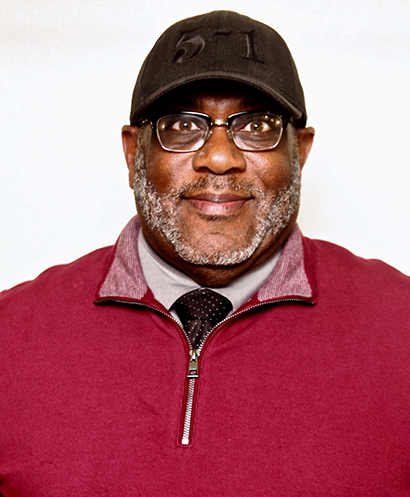
“A recurring theme I hear in the various webinars and podcasts that I’ve been a part of is, ‘We would love to hire more people of color, but we don’t know where to start,’ or, ‘We don’t know any.” I find this to be frustrating, as we are literally everywhere. Those looking to hire should take the initiative to get out of their personal comfort zones and ask around, network, Google, etc. It’s really not that hard to make a true concerted (no pun intended) effort,” Norman says.
“On the flip slide, we people of color must do better a better job of putting ourselves ‘out there’ via attending the various music conferences, networking, making those important phone calls or emailing various management firms, record labels, vendors, etc. We also need to make better use of our social media outlets such as Instagram, Facebook, LinkedIn, Bobnet and many other avenues.
“Our industry must also break the stigma that people of color can only do R&B, rap and hip-hop tours. Very early in our respective careers, we should make it a point to not get locked into that narrow focus. We should want to broaden our own personal horizons and learn and grow from the different genres of music and touring styles.”
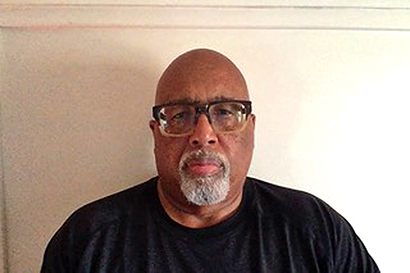
Reeves, Jackson and Claxton got together to compose the following commentary expressing their thoughts on this subject:
“The complete shutdown of our industry, coupled with the ever-increasing attention being paid to the state of race relations in this country, spearheaded by the Black Lives Matter movement, has caused many of us in the production side of the live concert business to consider the question of racial diversity within our corner of the industry. Why aren’t there more people of color involved in production? Certainly, there are plenty of artists, managers and promoters of color represented in the concert business, but not so much in production.
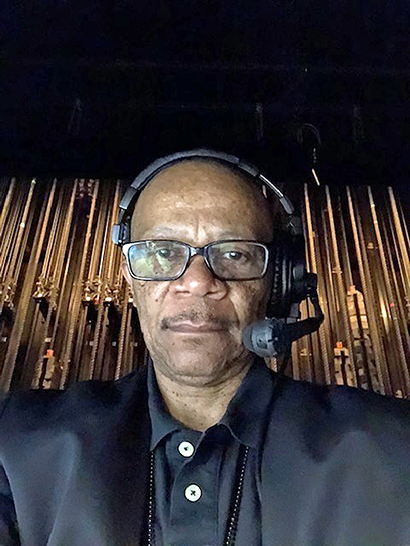
“The larger answer is, of course, the same issue that the country as a whole is currently grappling with, systemic racism. Those of us who have managed to build decades-long careers in this business have done so despite that built in racism. As tour and production managers walking into the venue at the beginning of load in, we’ve had the steward or building manager assume the truck or bus driver we were walking with was the person in charge. We’ve had to tell guys on our crew that, when improvising a solution to a problem with some gear, we weren’t going to ‘nigger rig it.’
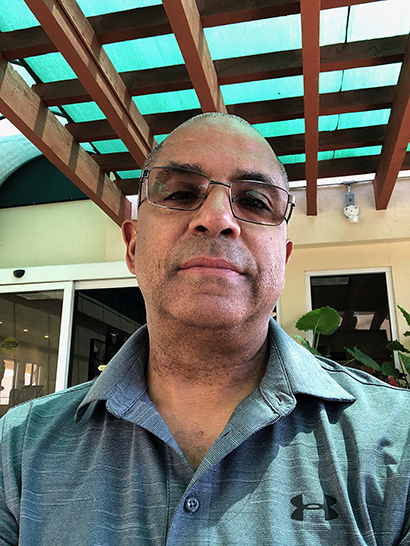
“While arguing with a truck loader about how we want our gear to be loaded, we’ve been told to be careful because the father of the loader we’re arguing with is the head of the local KKK. As a back-handed compliment, we’ve been praised as ‘one of the good ones.’ And, after several phone conversations during the advance, meeting the local building contact or promoter rep for the first time and having them express surprise that we were black, since we spoke so well on the phone.”
A Twofold Problem
“The goal of achieving more diversity is a twofold problem. The first part of the problem is that when the vendors, managers and tour managers who do the hiring are asked why they don’t hire more people of color, the usual answer is either ‘I don’t know’ or ‘I can’t find any’ qualified people of color to fill these positions. The second part of this problem is that, in this business, we tend to hire the people we know. And if the people we know aren’t available then, we hire the people they know and recommend. This feeds right back into the ‘I don’t know’ and ‘I can’t find any’ qualified people excuse. It’s a self-perpetuating system that tends to be exclusionary by its nature, even if there is no overtly racist intent.
“While the short-term goal is to get more diversity in current hiring practices, we should also think about the long term. There needs to be a pipeline bringing more people of color into the business at the entry level. Once the people who do the hiring become open to and aware of the potential talent pool of people of color, we need to keep that pool replenished and sustained with the influx of new people. Roadies of Color United International (ROCU) is an association of live event professionals of color that exists to address these issues.
“We’re approaching the ‘I don’t know’ and ‘I can’t find any’ issues from two directions. The first line of attack is to develop a database of qualified professionals as a resource for vendors, managers and tour managers who are looking to hire people of color. The individuals included in the database will have had their qualifications and resume credits verified by ROCU. So even though the person doing the hiring may not know the individual, they will know that person is qualified for that position. Of course, this will require a leap of good faith by the person doing the hiring, but at the least they can no longer say ‘I can’t find any qualified people of color.’ The tendency will still be to hire the people they know, but if the first choice isn’t available, the person doing the hiring will now have a resource to help find someone for that position.
“The second line of attack is to encourage our membership to be more active and participatory in the various events, conferences and publications related to our industry. This article is one such instance. We’re going to encourage our members to participate in the balloting for the Parnelli Awards and to submit people for the NextGen feature. We had our first conference earlier this year, which was an unqualified success, and we’re making plans to expand our reach and profile for next year’s conference which, like the rest of the industry is now on an indefinite hold. However, once we get back to business, we will endeavor to make ourselves more visible to the industry in general. If the tendency is to hire the people you know, then we want you to get to know us.”
Making Our Line of Business Attractive
“As for establishing a pipeline for new talent entering this industry, one of the proposed features of our next conference is going to be a focused and aggressive outreach program to theater departments at HBCU’s (Historically Black Colleges and Universities) around the country. We want to essentially begin a recruiting effort to make young kids aware of the possibilities of a career in the live event production industry. Of course, that also is on hold until the industry, as well colleges and universities, can resume some semblance of normality.
“Another part of the process of stocking the pipeline is a more personal approach. In working with local crews, particularly non-union ones, we sometimes note that special local crew member who really seems to have it together. They’re the ones who work with enthusiasm and intelligence. The one who you make sure is coming back for the load-out. We’re going to encourage our members to speak with those standouts and collect some info so they can be added to the database. This is a process already underway with one of our members who handles staffing for a large video company. He’s building a database of local crew members who would be good candidates for the entry-level positions on a tour.
“Diversity in hiring and systemic racism isn’t a problem that’s going to be solved overnight. As we know, the root problem is buried hundreds of years deep in our society and will not resolve itself easily. However, we have a unique confluence of events that affords us a moment when people of good will and intention in this industry can begin to make some steps towards a more just and equitable playing field. Let’s face it, we in this industry have always thought of ourselves as cooler and a bit hipper than the average yahoo in the street. Now is the time to prove it.”
Diversity Resources
Learning & Networking:
Roadies of Color United/ www.roadiesofcolorunited.com
- While focused on expanding diversity and people of color in the concert and live entertainment industries, people of all ethnic backgrounds are welcome.
She is The Music/ www.sheisthemusic.org
- Nonprofit organization with the mission of expanding inclusivity and opportunities for women working in music — including songwriters, engineers, producers, artists and industry professionals.
SoundGirls.org/www.soundgirls.org
- Founded by Michelle Sabolchick Pettinato and Karrie Keyes in 2013 to provide support for women working in the industry as well as those interested in pursuing a career in technical fields.
Tour Management 101/ www.tourmgmt.org
- Webinar teaching up-and-coming tour managers, production managers and tour accountants. Plenty of tools, and you can watch past episodes on YouTube.
Concert Business Basics/ www.jenkellogg.com
- Webinar teaching up-and-coming tour accountants.
Job Searching:
- Show Maker Symposium/ www.showmakersymposium.com
- FELD Entertainment/ www.feldentertainment.com/careers/touring-positions
- WWE/ https://corporate.wwe.com/careers/careers-overview
- TourReady/ www.tourready.com/hire
- Bobnet/ www.bobnet.rocks
Industry Conferences:
- ROCU Conference/ www.roadiesofcolorunited.com
- NAMM/ www.namm.org
- Parnelli Awards/ www.parnelliawards.com
- Pollstar Live Conference/ www.pollstar.live
- Live Production Summit/ www.liveproductionsummit.com


